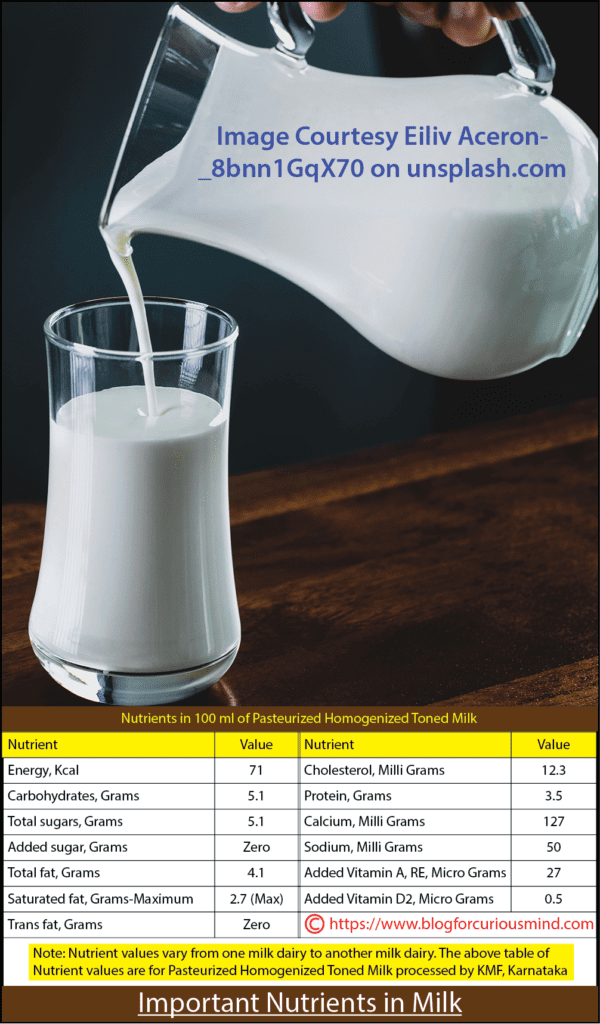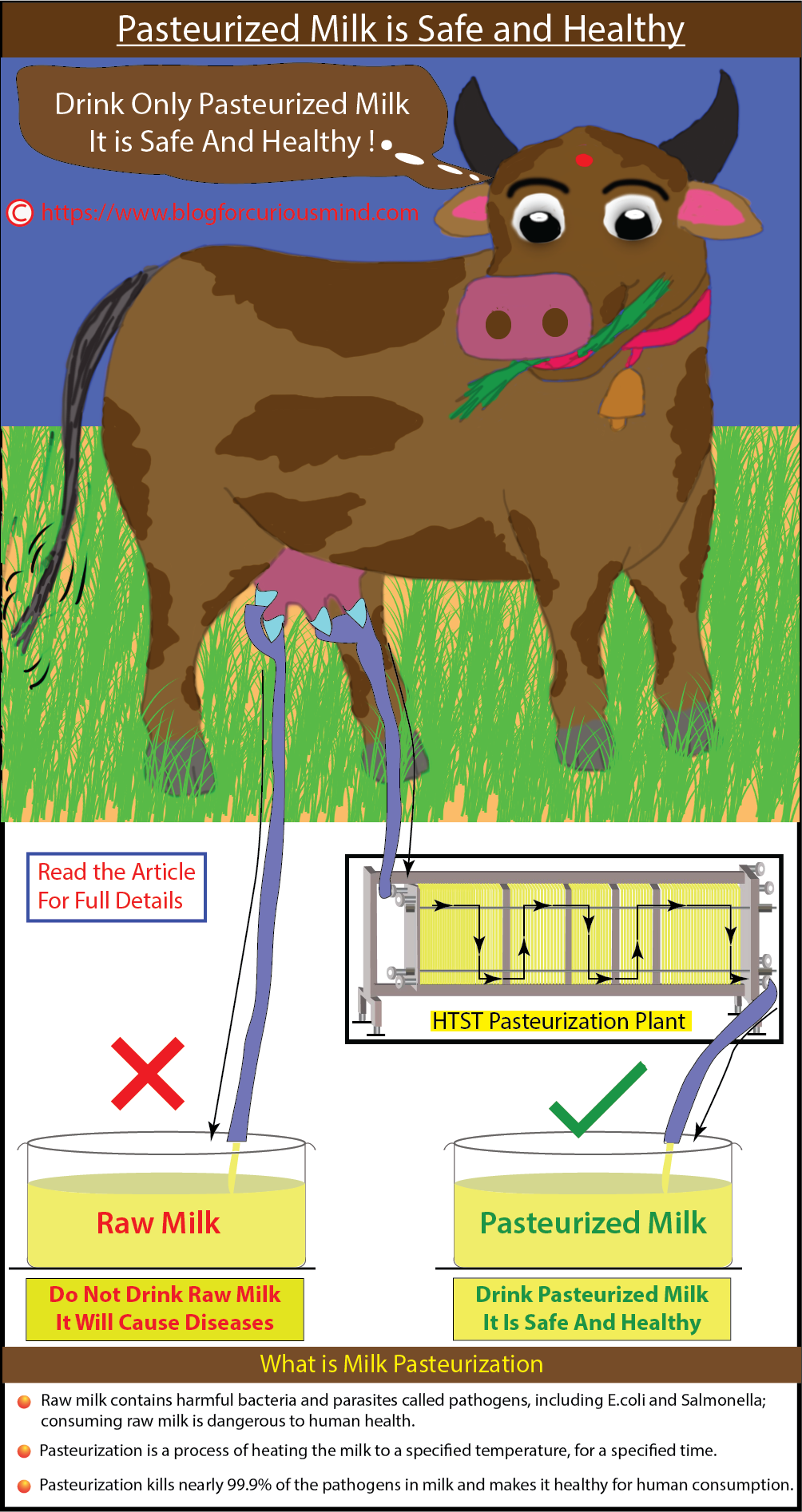Introduction
Most people consume milk as part of their daily diet, and they start their day with a cup of refreshing coffee or tea. Milk is delicious to drink and is considered a complete food since it contains fat, protein, antioxidants, and some essential vitamins and minerals. Moreover, milk is affordable.
People may have many questions about milk, and this article answers a few of them. Keep reading to get answers to your questions.
Is it safe to drink freshly extracted milk from a cow?
No, it is not safe to drink raw milk even if it is freshly drawn from a cow. Scientists have proved that raw milk can be a cause of many serious diseases. You must always consume pasteurized milk since it is safe and healthy for humans.
If the cow is healthy and sheltered in hygienic conditions, you can boil the raw milk for 5 minutes and then consume it. Cool the remaining boiled milk and store it in a refrigerator under 4° C (39° F).
Which milk is called organic? Does organic milk need pasteurization?
The label organic milk refers to the milk drawn from dairy animals raised as per organic farming methods. The dairy animals can be cows, buffaloes, sheep, and goats and they are reared strictly adhering to the terms set by the local government authority responsible for issuing organic certificates. These animals are sheltered in hygienic sheds, grazed in open green fields, fed organic certified feeds, and not given any kind of hormones. However, there is no appreciable difference in nutrient content between organic milk and conventional milk.
Even organic milk contains harmful disease-causing pathogens, hence organic milk has to be pasteurized to make it healthy and safe for human consumption.
Visit https://en.wikipedia.org/wiki/Organic_milk to know more.

What are the nutrients in milk?
Cow milk contains 87 percent water, 3.5 to 4 percent fat, 8.5 percent MSNF (milk solids not fat), and miscellaneous. 100 milliliters of whole cow milk contains 3.7 grams of fat, 3.5 grams of protein, 124 mg of calcium, vitamins D, B6, B12, Zinc, etc. Visit https://milk.co.uk/nutritional-composition-of-dairy/milk/ for more on this. Milk is rich in calcium and is good for bones and teeth in children as well as adults. Our body can easily absorb the calcium in milk.
Is it true that pasteurization decreases the nutrient value of milk?

The opinion of the scientists is pasteurization does not significantly affect the nutrient value of milk. However, pasteurization affects the vitamin C in milk and can kill lactic acid bacteria which is good for our gut.
What are the products made from milk?
The milk dairies in India make many products from milk including curd and yogurt, butter (salted and white butter), different types of cheese, ghee or butter oil, paneer (a kind of cottage cheese), ice cream, milk powder, condensed milk, etc. Apart from this milk is used in all Indian sweets.
What is lactose intolerance?
Lactose is the sugar in milk and lactose intolerance is a reaction in the human digestive system to lactose. Some people have trouble digesting lactose, but all of them may not experience perceptible symptoms of lactose intolerance.
The signs and symptoms of lactose intolerance are nausea and vomiting, stomach pain, diarrhea, bloated stomach, etc. The reaction can be serious; seek immediate medical help if you have any signs or symptoms.
If you suspect you are lactose intolerant or in doubt about it, do not consume milk before consulting your doctor and getting the necessary tests done.
Visit https://my.clevelandclinic.org/health/diseases/7317-lactose-intolerance for more.
Is it safe to consume packed milk stored in a refrigerator without heating it?
If the packed milk says it is pasteurized, and it was stored in a refrigerator under 4° C (39° F) then it can be consumed without heating. However, if the milk is meant for consumption by children or aged people, it is advised to boil it before giving it to them.
When you purchase packed milk read the label for use by date and store it in the refrigerator as soon as you are home.
You may like to read the article ‘What is Homogenized Milk? How milk is Homogenized?’ and ‘What is Pasteurization of milk? How the milk is Pasteurized?’
Caution: People known to be allergic to milk, should not consume it. If you are unsure about your milk allergy, please discuss with your doctor before making it part of your diet.

